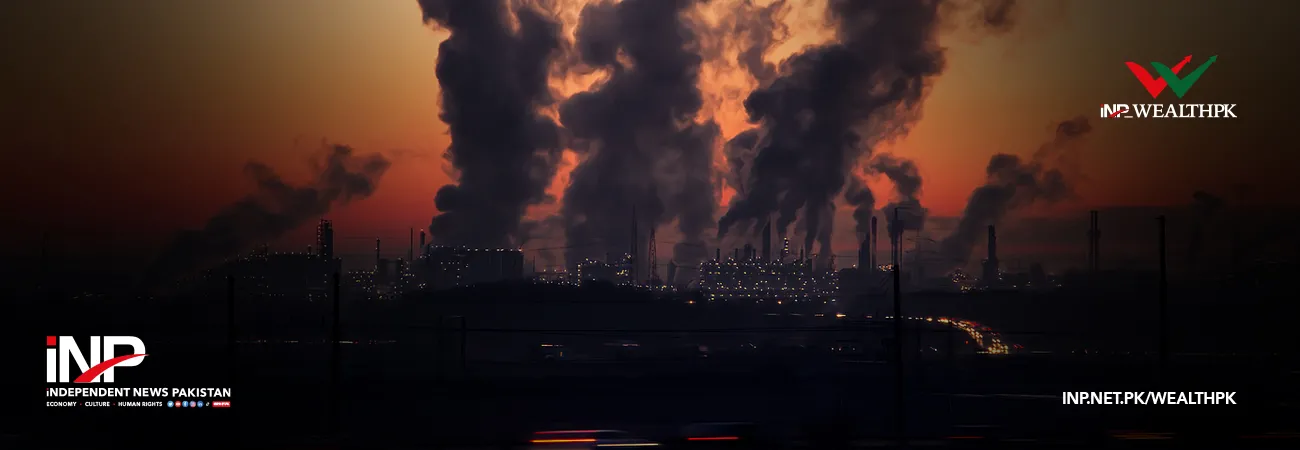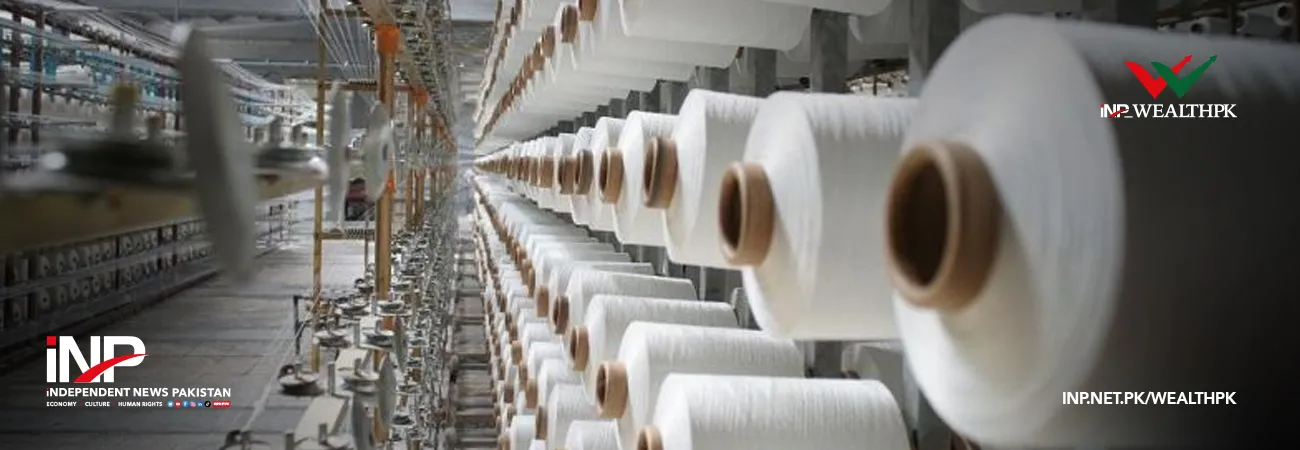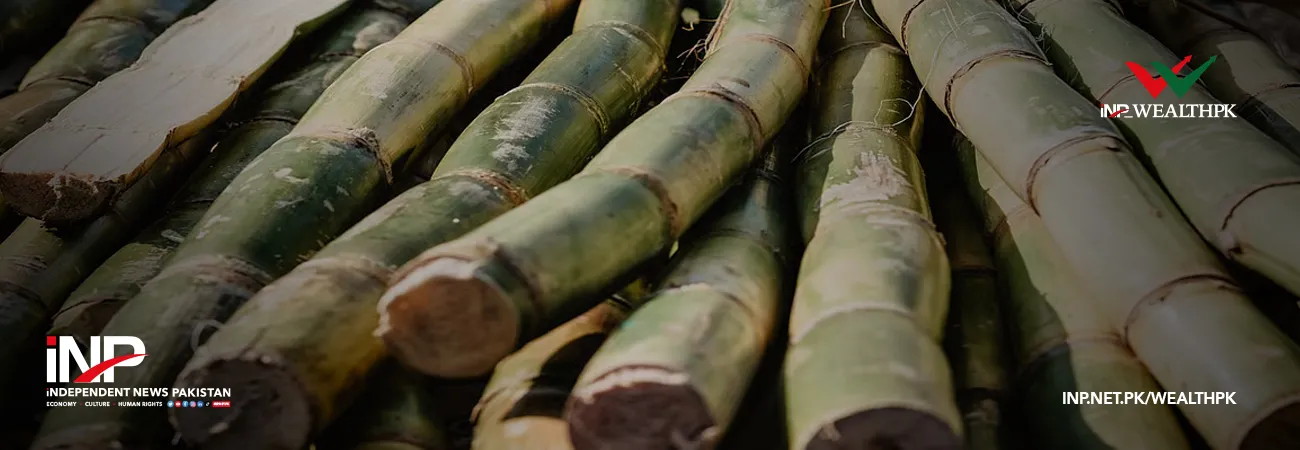INP-WealthPk
Muhammad Saleem
The environment of Faisalabad — the textile capital of Pakistan — is fast deteriorating due to the vehicular emissions and untreated smoke belched out by the brick kilns, iron foundries, sugar mills, poultry feed production units and others, according to WealthPK. The district’s sole air quality monitoring station lies in a state of disrepair and the only source for the residents to update themselves on the air quality is a portal being run by IQAir, a technology partner of the United Nations Environmental Program, UN Habitat, and Greenpeace. According to the portal, 7 million people in the world die from air pollution annually, and billions suffer from the effects of poor air quality. On December 16, the environment department fined a sugar mill Rs1 million in Chak 407-GB, as the mills had not installed an environmental control system (ECS). Similarly, the boiler of a textile mill on Sargodha Road was sealed and fined Rs200,000, as prohibited material was being used to fire up the boiler. In an interview with WealthPK, Hammad Ahmed, a human rights activist, said the air quality monitoring station has been nonfunctional for a couple of years. He said action should be taken against the environment department officials who failed to reactivate their system in Pakistan’s third largest revenue generating city.
Heavy-duty trailers, trucks, cars, motorcycles, buses and vehicles are polluting the environment coupled with mills, brick kilns, foundries, sugar mills, poultry feed production units and others. It has been observed that low quality fuels like diesel are being used by the majority of vehicles. Hammad said though government departments are working, unfit vehicles are still plying in the city, releasing poisonous emissions. According to IQAir, the level of pollution in Faisalabad is extremely high. Hammad said Faisalabad needed some state-of-the-art centers in different areas to keep an eye on the environmental issues. An industrialist, speaking to WealthPK on condition of anonymity, expressed deep concern that Faisalabad, despite generating significant revenue for the government, seems to be a low priority for addressing its problems. “Being the industrial and the third largest city of Pakistan, a comprehensive environment center must be established in the city so that its environmental issues can be arrested. How can one start treating a patient without diagnosing the disease?” he asked. When WealthPK contacted Johar Abbas, Deputy Director at the Environment Protection Department, for comments, he said he was busy attending a meeting. A reminder was also sent to the official the following day but he did not respond.
Requesting anonymity, an officer of the environment department said eight stations were set up in Punjab in 2008, out of which one was installed in Faisalabad. He said Faisalabad station was declared dysfunctional more than five years ago and the Punjab government officials are well aware of the situation. "We are trying our best to control smog and take action against the elements polluting the environment by burning tyres and crop residue. Similarly, brick kilns are also being monitored regularly," he added. Rana Iqrar Ahmed, an office-bearer of the irrigation department association, expressed grave concern to WealthPK that the district's environment is likely to deteriorate further, as the departments tasked with protecting the environment are hand in glove with those causing pollution. He said textile and sugar mills are polluting the drains by discharging their untreated effluent but the Water and Sanitation Agency (WASA) and environment protection department are not taking action against such elements. He said that 62 percent water of Faisalabad is brackish due to the toxic effluent.
Credit: INP-WealthPk













